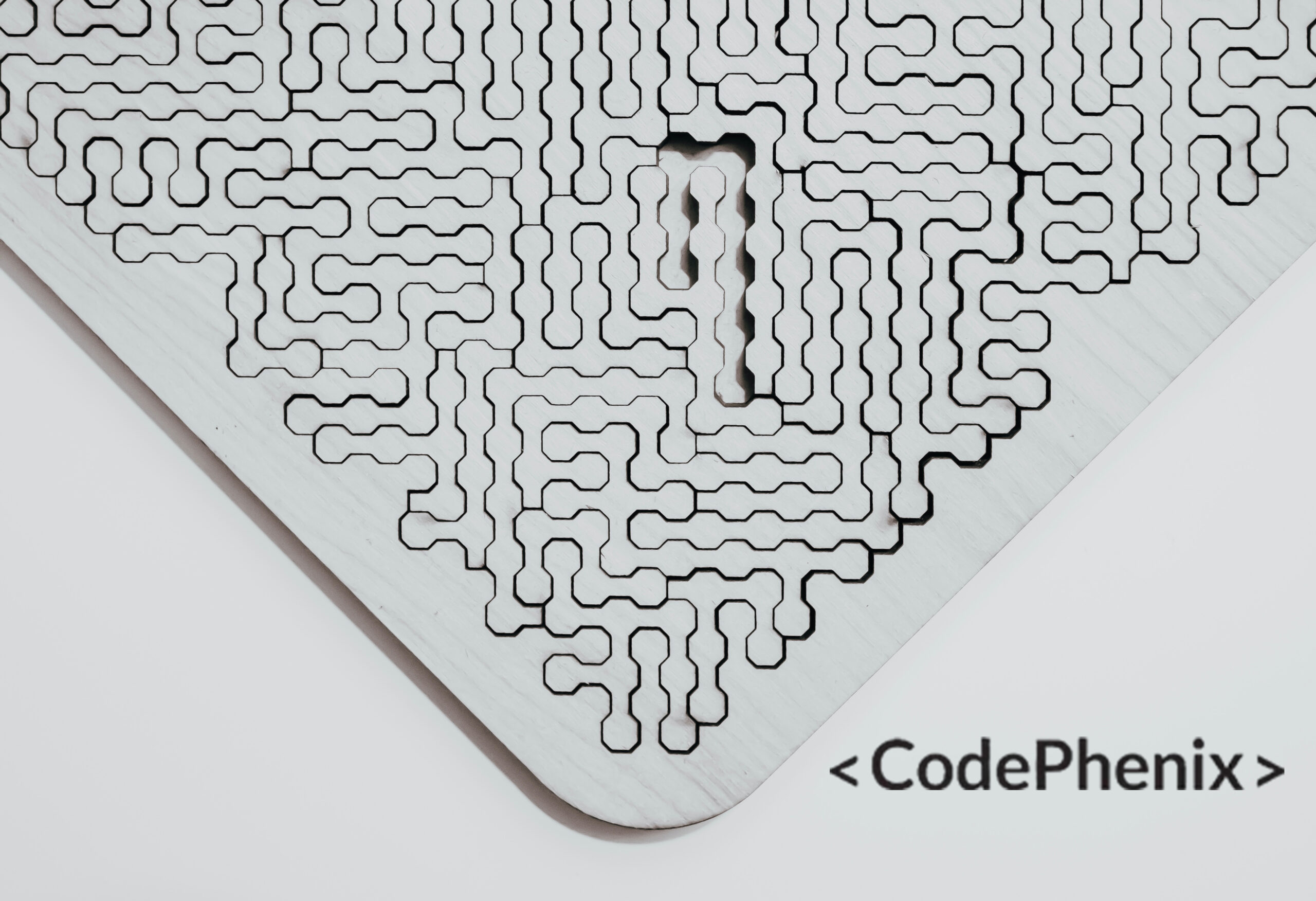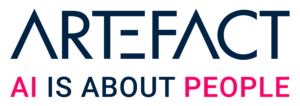At the April 2023 HubDay Data & AI event, Brieuc Le Bars, director of the CodePhenix Association, and Vincent Luciani, co-founder and CEO of Artefact, presented their innovative solution for the professional reintegration of prisoners. The VictorIA application uses generative AI to help inmates write personalized cover letters.
Generative AI and reintegration, the genesis of a collaboration
Reintegrating prisoners into society is a major challenge in France. The current rate of return to employment in the first year after release from prison is only 16%. This raises concerns about the ability of the prison system to prepare prisoners to regain their place in society and rebuild their lives in a stable and autonomous way.
Employment plays a crucial role in the reintegration process. Providing ex-prisoners with access to employment gives them a chance to fully reintegrate into society, support themselves and rebuild their professional identity.
“At CodePhenix, we believe that returning to work is one of the pillars of reintegration. It’s the gateway to housing, access to rights, health, family, and more. Yet only 16% of people leaving prison find a job in their first year outside the walls.”Brieuc Le Bars, Director, CodePhenix Association
The CodePhenix association actively invests in the professional reintegration of ex-prisoners, focusing specifically on opportunities offered by the digital sector. Through tailored training programs and personalized support, the association helps those leaving prison acquire the skills they need to succeed in this constantly evolving field. CodePhenix prepares candidates for employment opportunities in emerging industries and sustainable re-entry into the workforce.
For its part, Artefact is committed to the democratization of data. The company leverages its in-depth knowledge of generative AI to support the professional reintegration of prisoners. By collaborating with CodePhenix, Artefact is developing innovative technological tools aimed at creating new future opportunities for former prisoners. Generative AI offers promising potential to empower these individuals by identifying transferable skills and facilitating access to jobs compatible with their profile.
Advantages of generative AI for cover letter writing
Thanks to its natural language processing and text generation capabilities, GenAI technology analyzes the information provided by prisoners and creates cover letters adapted to their profile and the desired job – all while respecting employer conventions and expectations.
“We worked to build a kind of augmented virtual social assistant that asks inmates personalized questions to understand their motivations, their world, the educational and professional environments they’ve already experienced. This information is then cross-referenced with the characteristics of the job description to automatically produce a cover letter.”Vincent Luciani, CEO, ARTEFACT
Generative AI brings three concrete benefits to cover letter writing. First, it standardizes cover letter writing, offering predefined templates and guiding users in the structure and content of their letter. This ensures consistency in the documents produced.
Second, the technology automatically deletes spelling and grammatical errors, enhancing cover letter quality and boosting applicant credibility.
Third, the interactivity of the GenAI-based application also lets users obtain personalized suggestions and relevant advice on how to improve their job applications. Inmates benefit from personalized support in their writing process, helping them effectively showcase their skills and motivation.
How the VictorIA application works and how inmates are involved
VictorIA has an interactive, intuitive interface that makes it easy to write cover letters.
The application relies on a question-and-answer process and writing guided by generative AI. Individuals in vocational reintegration are invited to answer a series of questions about their professional experience, skills, motivations and goals. These answers enable the application to generate a personalized, structured cover letter tailored to each person’s objectives. It also offers suggestions for sentences and phrasing to enrich the content of the letter, while allowing users to personalize and modify the generated text.
To achieve these results, the VictorIA process entails collecting personalized candidate data, generating cover letters and orchestrating actions using open source LangChain technology, which manages orchestration on top of GPT. This new technology uses a closed API, Microsoft Azure, to ensure the security of candidates’ private data. And the use of prompt engineering (the process of designing and creating prompts) solves the issue of lack of context and avoids hallucinations and biases in generated responses.
“A large part of the application will be developed by our learners, the people we train in web development at CodePhenix. They’ll be able to develop their skills in interesting technologies such as complex API querying and use of the ReactJS framework. And for us, that’s a real opportunity.”Brieuc Le Bars, Director, CodePhenix Association
It’s important to note that people in reentry were actively involved in building and coding the application. The project set up workshops and training sessions where participants could contribute their expertise and ideas to shape the application according to their needs and preferences. This participatory approach promotes their autonomy in the vocational reintegration process and strengthens their commitment to the project.
Generative AI in professional reintegration: future prospects
Generative AI offers concrete support to individuals in reintegration who may face a “blank page” when writing a cover letter. By providing models and suggestions tailored to their profile, they can express their skills and motivation clearly and convincingly.
VictorIA also optimizes time for social workers and reintegration workers. By automating certain tasks, such as letter drafting, the application allows professionals to focus more on providing personalized support to prisoners.
Another key benefit of using generative AI is to promote the trust and autonomy of future job applicants. By actively involving them in the writing process and offering them tools to create quality cover letters, generative AI reinforces their self-esteem and their ability to present themselves positively to potential employers.
What’s next? Ensure use of VictorIA in correctional facilities, where Internet access may be limited or non-existent. Adaptation for use without an Internet connection must be taken into account. This means developing an offline version of the application, stored on local servers or integrated into specific devices.
The professional rehabilitation project carried out by CodePhenix and Artefact opens up promising new prospects for the use of generative AI to improve employment rates for ex-prisoners and create new opportunities for their future.

 CLIENT CASES
CLIENT CASES



